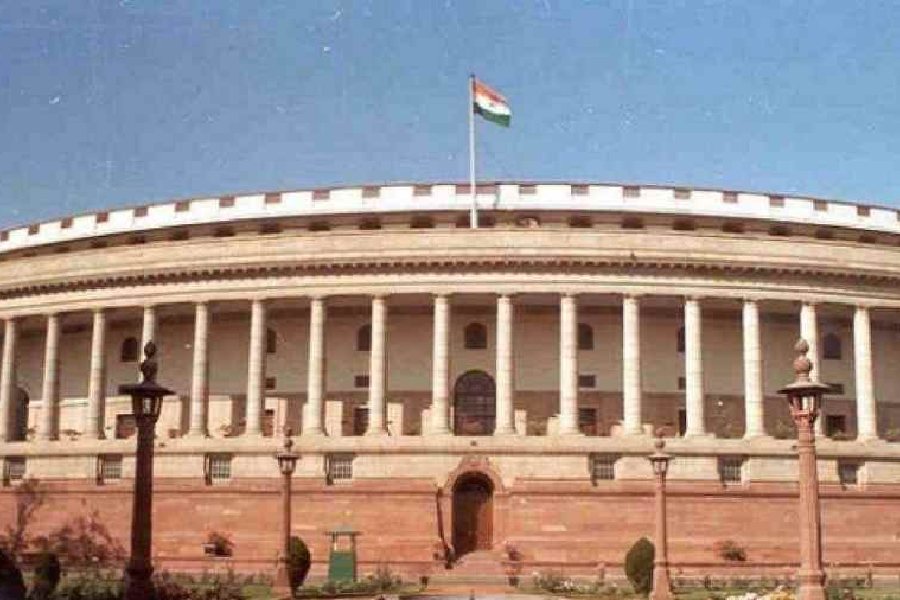Are punitive measures inimical to the ease of doing business? The Narendra Modi government seems to think this, indeed, is the case. The Lok Sabha has passed the jan vishwas (amendment of provisions) bill, 2023, which aims to boost the ease of living and doing business by decriminalising 183 laws under as many as 42 legislations. The reform, according to some studies, is not unwarranted. Currently, there are an estimated 70,000 compliances that govern doing business in India, many of which have imprisonment clauses that make it difficult for businesses, especially micro, small and medium enterprises, to shift to the formal sector and generate income. The intention of the bill might thus be noble. But, as is often the case with the regime, it has chosen to weaken punitive elements in one broad sweep instead of examining the latter’s scope on a case-by-case basis. This is likely to have a deleterious impact, especially on environmental stipulations. The prison term for felling trees in a reserved forest is being replaced with a paltry fine of Rs 500. A jail term for the failure to comply with provisions that bar an industrial unit from operating in an air pollution control area and for being ‘unaware’ of excess discharge of pollutants has, similarly, been axed. These interventions, coming in the wake of the controversial amendments to the Forest (Conservation) Act, 1980, raise serious questions about the government’s commitment to uphold its pledges to protect India’s fragile ecology, the high rhetoric of the prime minister notwithstanding.
Another area where the ease of doing business would come at a cost is public health: the widest range of dilutions has been made to the Drugs and Cosmetics Act, 1940. The decriminalisation of the manufacture and sale of ‘not of standard quality’ medications, for instance, is nothing short of a get-out-of-jail-free card for the Indian pharmaceutical industry, which has been under international scrutiny ever since spurious cough syrups manufactured in India reportedly caused close to 100 deaths in countries like the Gambia and Uzbekistan. Not only will such exemptions put patients in harm’s way but it will also dent India’s global image as the ‘pharmacy of the world’. Taken together, the leniencies being shown to business could weaken India’s regulatory frameworks. That is unlikely to raise the people’s trust in the jan vishwas bill.











